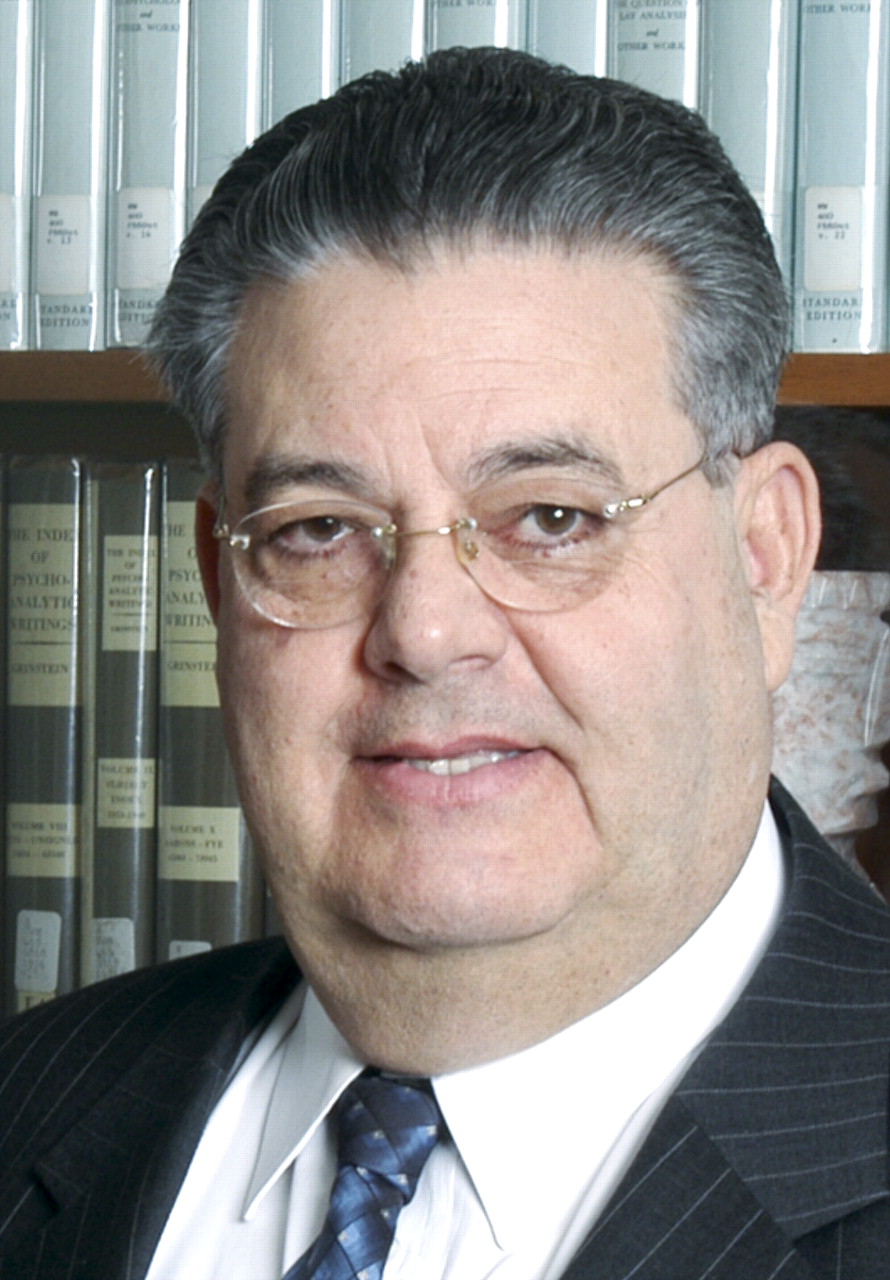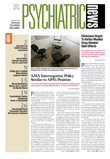Almost a year has passed since hurricanes katrina and Rita crippled New Orleans and nearby areas along the Gulf Coast, but the impact of these natural disasters is still fresh on our minds.
Several other natural and manmade disasters have affected this country in the past—for instance, the hurricane that devastated Galveston County in 1900 and the terrorist attacks in New york City and Washington, D.C., on September 11, 2001—but the sociopolitical and historic impact of a disaster on the scale of these hurricanes has never been observed before in the United States.
Recently, I had the opportunity to visit New Orleans to attend APA's Area 5 Council meeting. While there, I toured parts of the city affected by katrina, including the area where Louisiana State University Medical Center and Tulane University Medical Center are located. I saw a children's clinic building totally decimated and a psychotherapy clinic building near Canal Street almost destroyed; I saw houses and other buildings that had been ruined or leveled. Incredibly, people were still living in this almost uninhabitable part of New Orleans. Most of them were African American and probably did not have many assets to fall back on. Frustration, despair, and even anger bubbled inside of me as I watched them. How could the federal government have turned its back on this struggling community?
What is the problem with being African American in this country? How can an African-American community in the strongest nation on earth be treated so inhumanely? I have never understood the intense discrimination that African Americans are still enduring in the world's most advanced and prosperous country. I grew up in rural Cuba among descendents of slaves brought to Cuba from West Africa, and I attended medical school in Paris with many African peers. Over the years, I have worked and developed strong friendships with many African-American colleagues, as well as with African Americans in many other walks of life. While I have brown skin, I have never been treated this way, and African Americans deserve the same treatment given me and my Caucasian friends and coworkers.
As I reflect on the disgraceful way in which the U.S. government has responded to the needs of katrina and Rita victims, I feel shame for the policymakers who could and should have done so much more for these poor and disadvantaged American citizens but instead ignored them. I am positive that New Orleans will come back, but the African-American influence that gave the city its unique character will never be the same.
While our federal government failed miserably in its responsibilities to the people of New Orleans, American psychiatry did not. My respect and sincere thanks go to the many psychiatrists who volunteered their time and expertise to address the psychosocial and psychopharmacological needs of hurricane victims. This group included not only local psychiatrists—many of whom were hurricane victims themselves—but also psychiatrists from throughout the United States. APA's district branches in the regions impacted by the hurricanes also rose to the occasion: Louisiana Psychiatric Medical Association, Mississippi Psychiatric Association, Texas Society of Psychiatric Physicians, Alabama Psychiatric Society, and Florida Psychiatric Society. At the national level, APA's Office of International Activities and the Committee on Psychiatric Dimensions of Disasters provided excellent leadership and designed a series of very effective interventions to address victims' mental health needs. Psychiatry residents and medical students from Louisiana State University and Tulane University also assisted.
What happened—or more accurately didn't happen—in the wake of hurricanes katrina and Rita is a reminder to Americans, and the rest of the world as well, that the U.S. government at times shows two faces: one for the rich and wealthy and another for the poor and disadvantaged, most of whom belong to the ethnic minority groups who reside in this country. ▪

